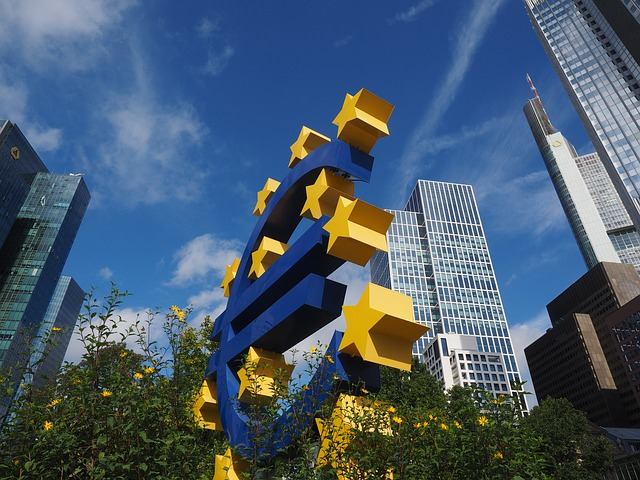That’s why Croatia should do all that is necessary to reduce and minimise any negative risks, such as inflation, and take advantage of positive effects, which outnumber negative ones, for the benefit of its economy and citizens, Marić said.
“Over the past few months we have been witnessing price increases, but they have nothing to do with our eurozone entry. That’s a global issue caused by disruptions to supply chains and increases in prices of energy and resources,” he added.
Noting that inflation was the biggest risk on Croatia’s path to eurozone membership, Marić cited statistics showing that inflation had been around 4% in the past several months and around 2.5% for the whole of this year, which puts Croatia “slightly below the EU average.”
Croatian National Bank Governor Boris Vujčić said that Croatia was the country that would profit the most from eurozone membership.
“One of the benefits of joining the European monetary union is the reduction of foreign exchange risk, which is biggest in Croatia among all EU countries that have not yet adopted the euro. We have a very high level of euroisation. Most of the debt of all sectors in Croatia, including households, companies and government, is tied to the euro. In kuna, it amounts to over HRK 520 billion, which means that 75% of the debt of all sectors is either in euro or indexed to the euro,” Vujčić said.
He added that with entry into the euro area interest rates would start to fall, the sovereign credit rating would increase and Croatia would become more attractive to tourism and investment.
For more on politics, follow TCN’s dedicated page.











